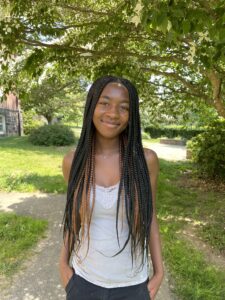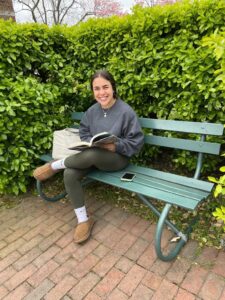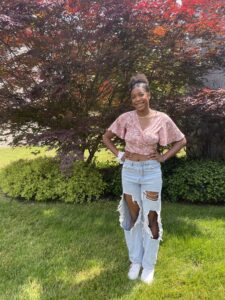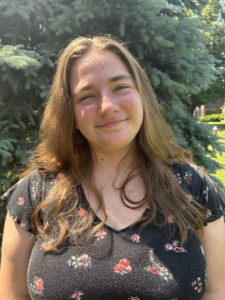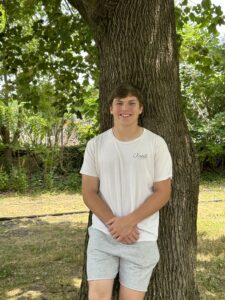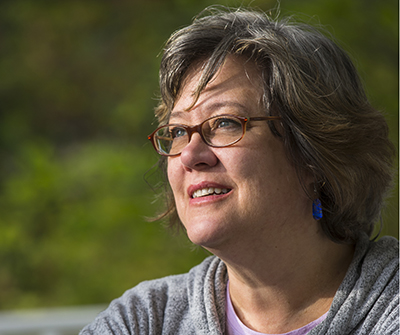
N. West Moss ’82 is an accomplished author with an impressive catalog of published work, including fiction, nonfiction, short stories, and essays. While her third book, a middle grade novel, will be published in 2024 by Little, Brown and Company, she is at work on her fourth book, a chapter book for young middle grade readers. Her short stories and essays have appeared in McSweeney’s, Salon, The Saturday Evening Post, The New York Times, Brevity, and many others. She won The Saturday Evening Post’s Great American Fiction Contest for her story Omeer’s Mangoes and has received three Faulkner-Wisdom Gold Medals for a short story, an essay, and for her memoir. West teaches creative writing at the college level and is a faculty member of Gotham Writer’s Workshop.
West works with strong dedication, engaging fully in her work. “When I think of a vacation, I am not thinking of a trip to the beach. I am thinking of how wonderful it will be to immerse myself in my work without interruption.”
It is with this mindset that West hones her craft with precision, patience, and the ability to let go of what doesn’t feel right. When asked about the writing process and if she enjoys it, she responds, “Enjoy might be the wrong word, as many stages of the writing process are filled with dissatisfaction. I write a draft and want to make a sentence better or
develop a character more fully.” She goes on to say, “Revision is a kind of dissatisfaction, a knowing that the work is not as good as I want it to be, and so I come back to it over and over again until the words are doing what I want them to do. So, I don’t know that I enjoy the process, but I am passionate about it.”
When asked how she balances working with different genres, West says, “In my work, I’ve found that it’s good to have many irons in the fire. I always have several projects going at the same time, in different stages of completeness. I write many drafts before I send a book to my agent, usually fifty or more (really). So, I go back to pieces and revise them, put them down and work on something else, and so on.”
“I have always been a writer, but I didn’t start writing for publication until I was over 40, and my first book came out when I was 53. I mention all of this because I was old enough when I started focusing on my writing that I decided I would write what I wanted to write, and not try to please anyone else. I move between genres because I enjoy it.”
West speaks honestly within her work, often evoking vivid memories or dialog that emotionally engage the reader. The delicate balance of personal and fictional is on display in works like Omeer’s Mangoes and The Absence of Sound, both of which take place in Bryant Park in Manhattan. “I like that people feel as though they know me when they read my work. I don’t think they actually do, but I take it to mean that they feel invested in my stories, and care about what happens to me or my characters.”
In her memoir, Flesh and Blood: Reflections on Infertility, Family, and Creating a Bountiful Life published by Algonquin Books, West meticulously works to tell her own story while respecting the boundaries of how lives intersect. “I try not to share anyone else’s story. I tell my own, but I want the people in my life to have the chance to tell their own stories, in their own ways, if they ever want to.”
This consideration is a personality trait that extends beyond West’s work. When discussing writing, West notes, “Writers are noticers and feelers. We listen and watch, and we feel things deeply. It’s not always an easy thing to take in the world with such heightened sensitivity, but for me, writing was where I could process all that I was seeing and feeling.”
West says, “My sense is that most writers are deeply interested in motivation, in delving beneath the surface of the world to see what makes it tick.” She goes on to discuss how this deep dive also impacts the writer, often giving space for personal growth. “To be a writer, you need to honor who you are. Forget who you think you should be. Forget about fitting in. Listen to the still, small voice inside you and love that person.”
The still, small voice brings a connection to West’s time at George School, where she reflects, “Our weekly meeting for worship moved me deeply and made me feel part of a loving, intelligent, aware community.” West continues, “Being treated by teachers as equals, learning the value of not showing off, of caring for others, of learning for the joy of learning rather than as a competition, all formed me in ways I wasn’t even aware of at the time. George School continues to be an important place to me.”
West mentions Walt Hathaway, former English teacher and Drayton dorm head, as a teacher she is inspired by. “Walt taught me a great deal. He gave me confidence in my own ideas and did so with such gentleness. I have been teaching on and off for twenty years and I think about him when I teach and hope to bring some of his intelligent kindness into my own classrooms.”
Speaking as both a writer and educator, West says, “To express our thoughts in writing is a profound act of self-acceptance, and it is what makes the great writers great.” West appeals directly to aspiring writers, saying, “Work hard, harder than you think you should. Don’t think it should be easy to write in a way that moves people. It isn’t easy, but it is the great challenge and delight of my life. And for what it’s worth, I am out here, ready to love the stories you have to tell. Please, when you have a minute, get to work. I’m out here waiting.”
West can be reached through social media (Twitter: @scoutandhuck, Instagram: @nwestmoss) or email at scoutandhuck@yahoo.com.
Photo credit: Thomas Donley




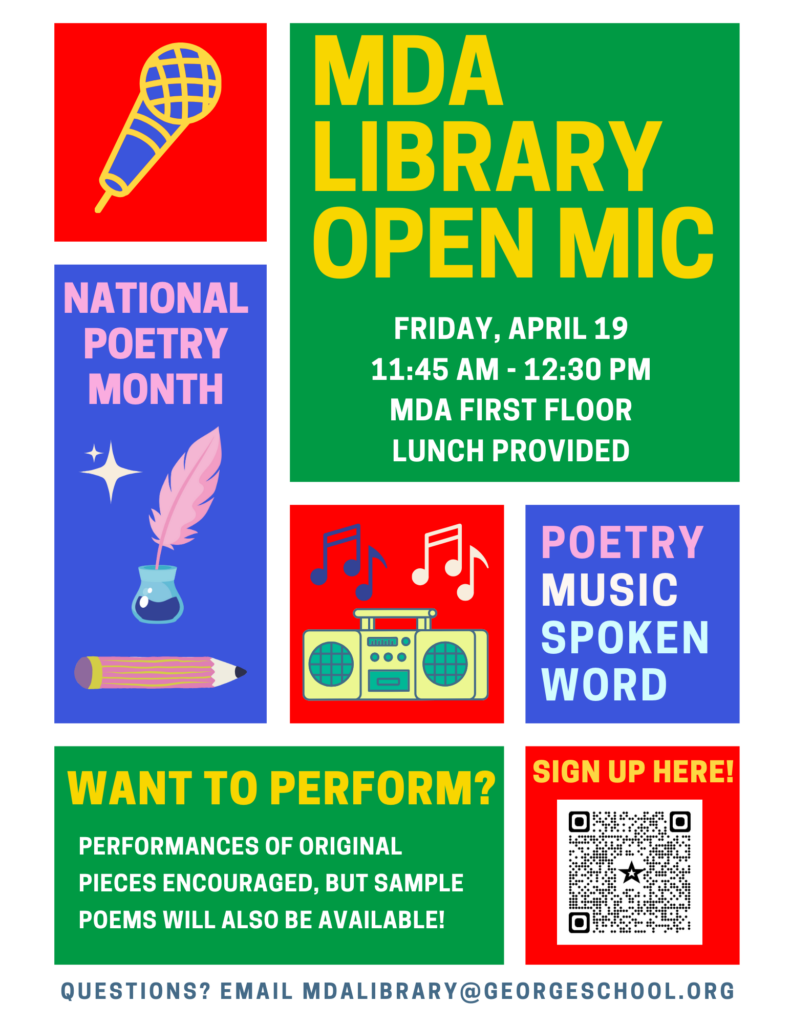
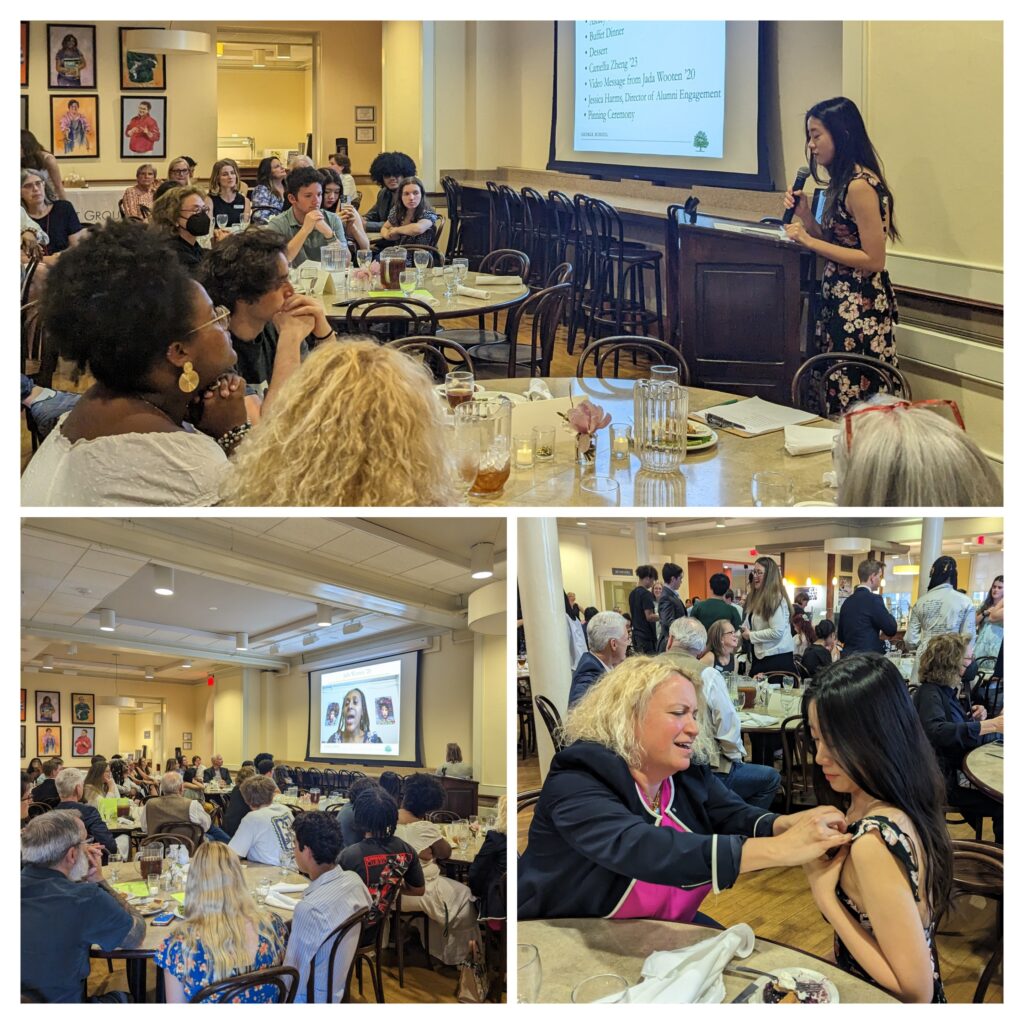
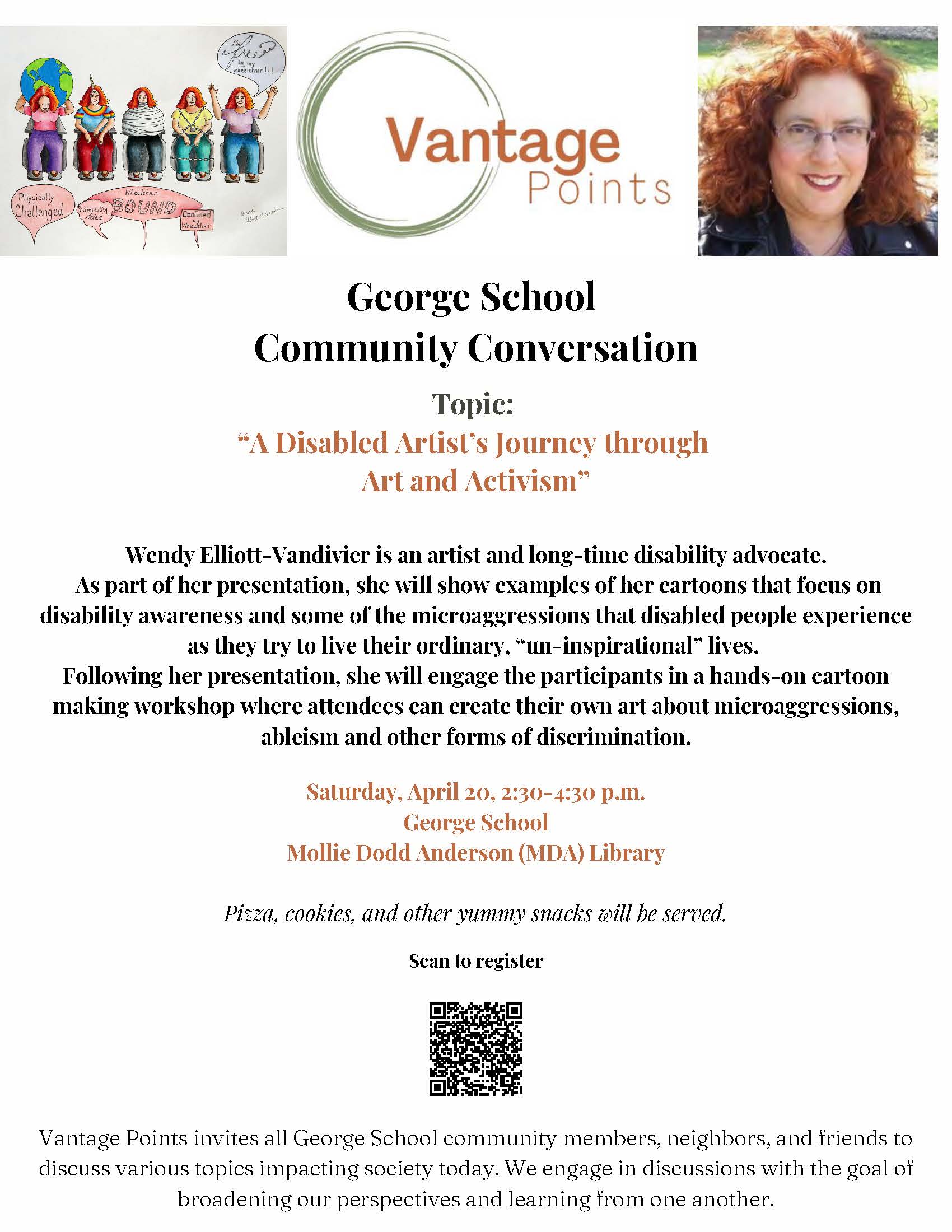
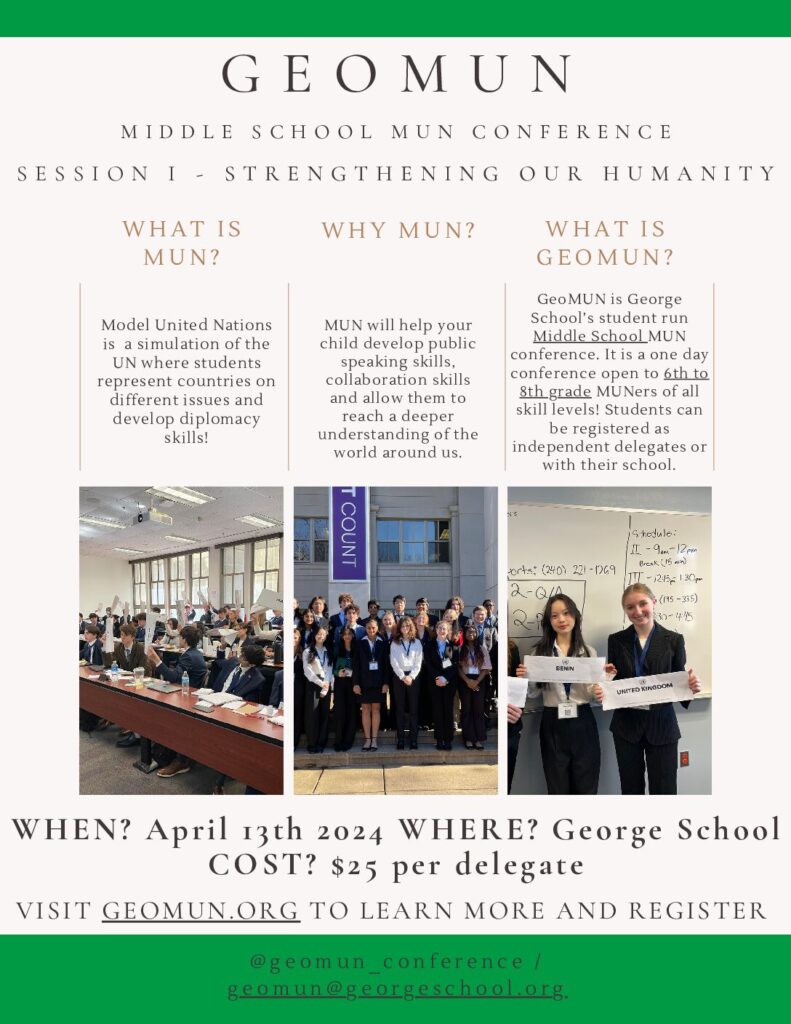
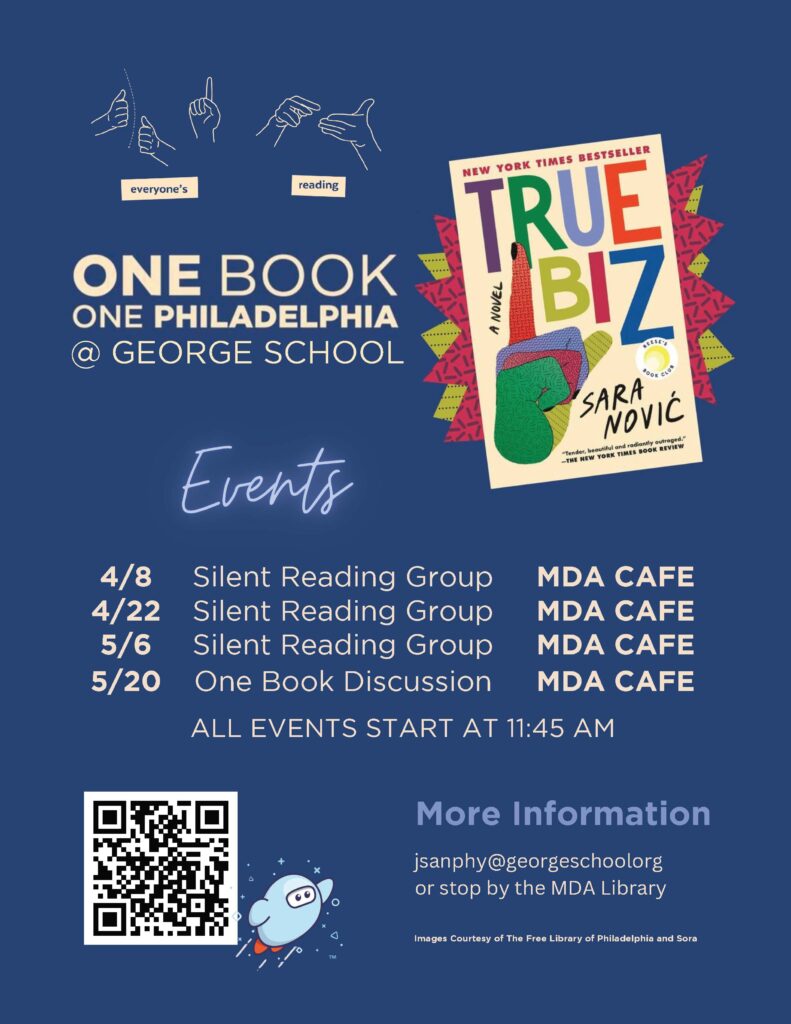
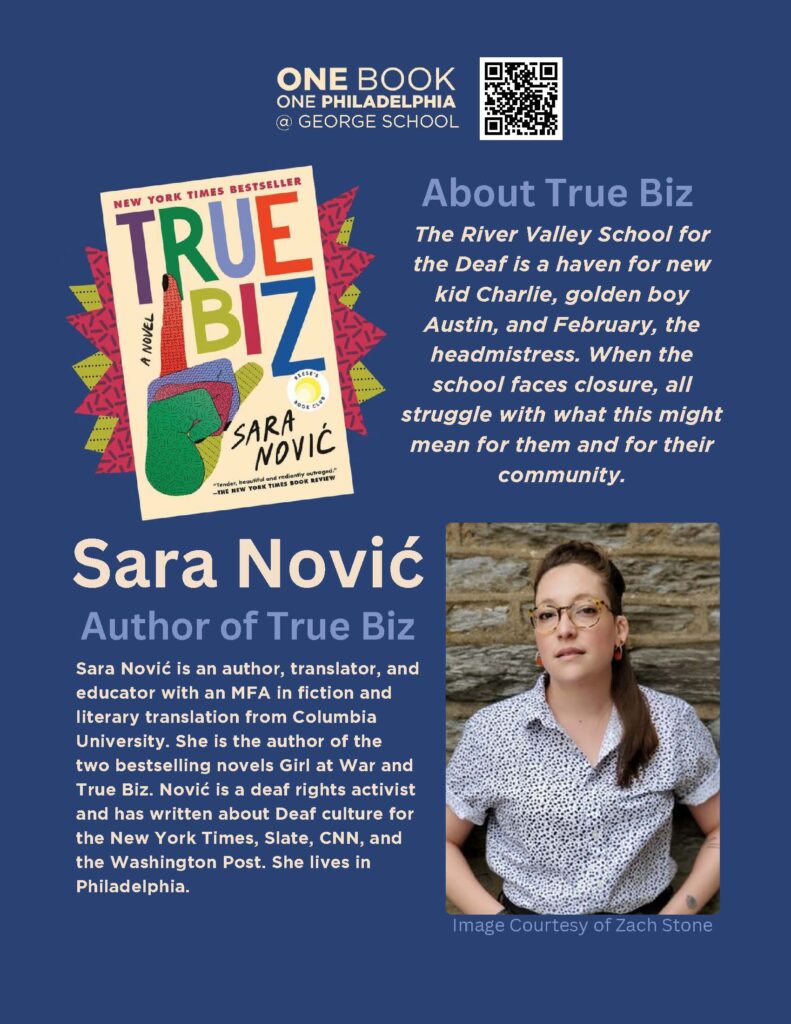
 Monastir, Tunisia, and Amman, Jordan
Monastir, Tunisia, and Amman, Jordan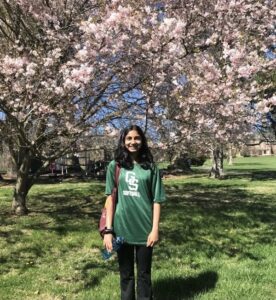 Irvine, CA
Irvine, CA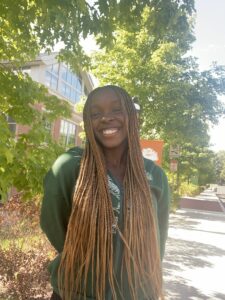 Feasterville-Trevose, PA
Feasterville-Trevose, PA New Hope, PA (Previously NYC)
New Hope, PA (Previously NYC) Richboro, PA
Richboro, PA Englewood, NJ
Englewood, NJ Ningbo, Zhejiang, China
Ningbo, Zhejiang, China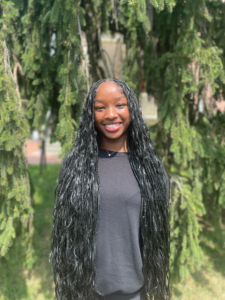 Willingboro, NJ
Willingboro, NJ Yardley, PA
Yardley, PA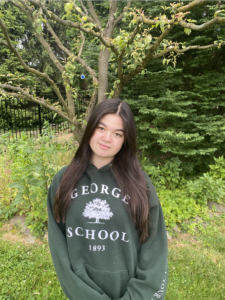 Newtown, PA
Newtown, PA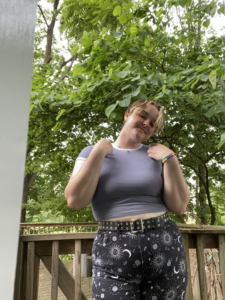 Holicong, PA
Holicong, PA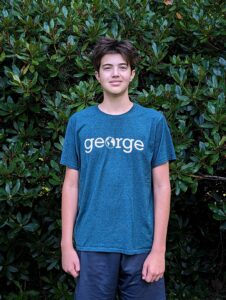 Newtown, PA
Newtown, PA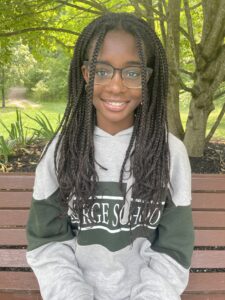 Hamilton, NJ
Hamilton, NJ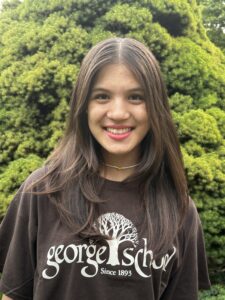 Yardley, PA
Yardley, PA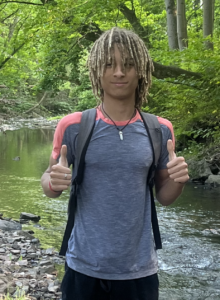 Lambertville, NJ
Lambertville, NJ Chongqing, China
Chongqing, China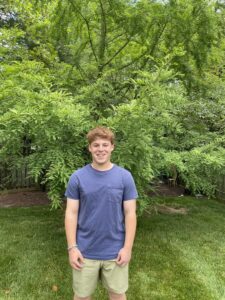 Pennington, NJ
Pennington, NJ Yardley, PA
Yardley, PA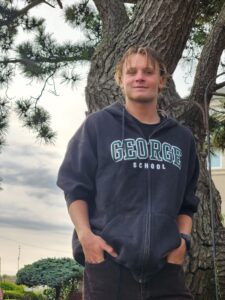 Bensalem, PA
Bensalem, PA Borgota, Colombia
Borgota, Colombia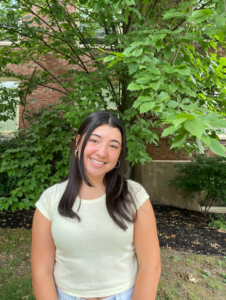 Newtown, PA
Newtown, PA Burlington, NJ
Burlington, NJ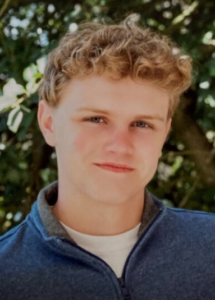 Langhorne, PA
Langhorne, PA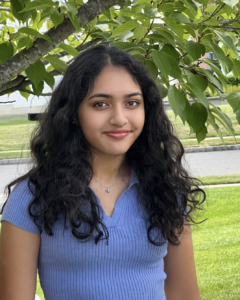 Princeton, NJ
Princeton, NJ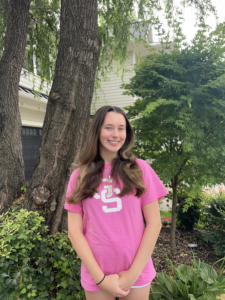 Langhorne, PA
Langhorne, PA New York City, NY
New York City, NY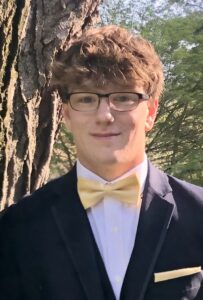 New Hope, PA
New Hope, PA St. Catharines, Ontario, Canada
St. Catharines, Ontario, Canada Providenciales, Turks and Caicos Islands
Providenciales, Turks and Caicos Islands Willingboro, NJ
Willingboro, NJ Princeton, NJ
Princeton, NJ
 Newark, NJ
Newark, NJ Trenton, NJ
Trenton, NJ Newtown, PA
Newtown, PA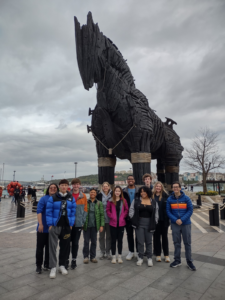
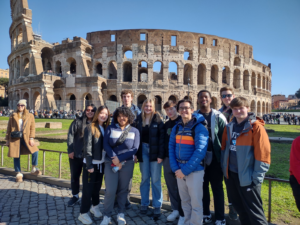
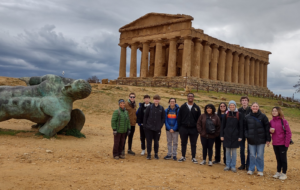





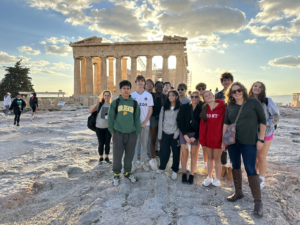
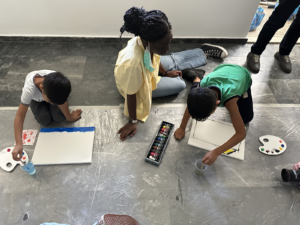
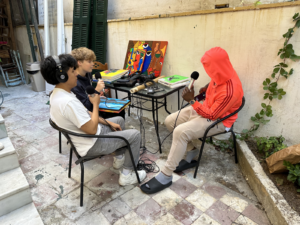

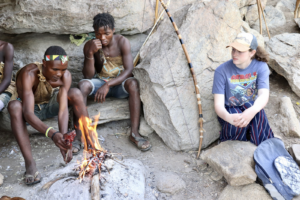
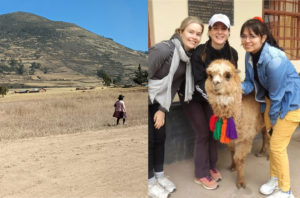

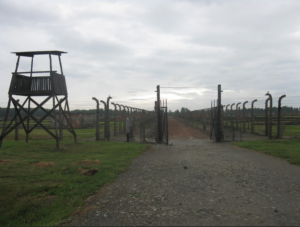



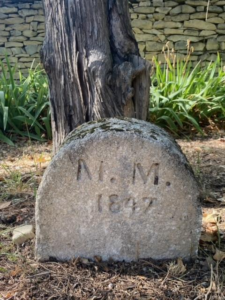
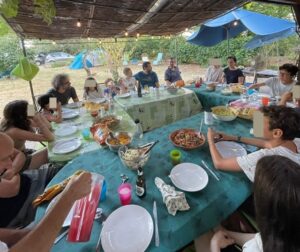
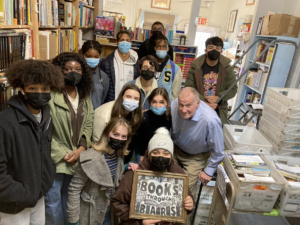
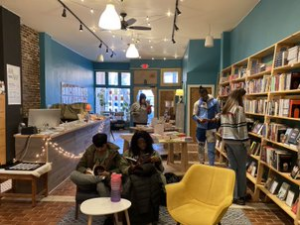



 Lawrence, NJ
Lawrence, NJ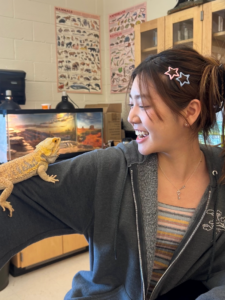 Seoul, South Korea
Seoul, South Korea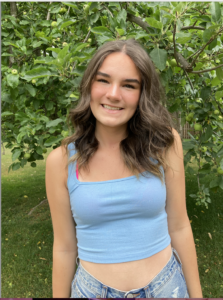
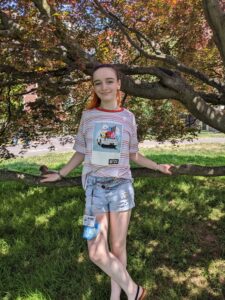 Milwaukee, Wisconsin
Milwaukee, Wisconsin Pennington, NJ
Pennington, NJ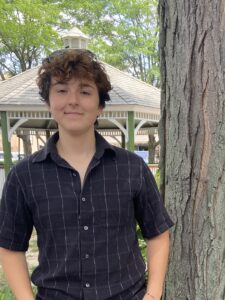 Jenkintown, PA
Jenkintown, PA Ottsville, PA
Ottsville, PA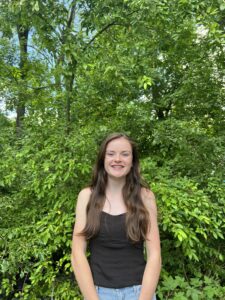 Yardley, PA
Yardley, PA Providenciales, Turks and Caicos Islands
Providenciales, Turks and Caicos Islands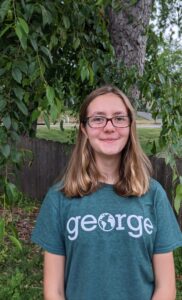 Hopewell, NJ
Hopewell, NJ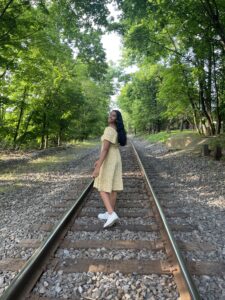
 Pottstown, PA
Pottstown, PA Playa del Carmen, Quintana Roo, México
Playa del Carmen, Quintana Roo, México Shanghai, China
Shanghai, China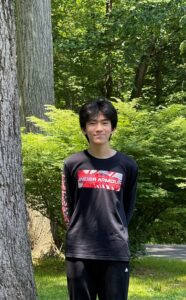 Beijing, China
Beijing, China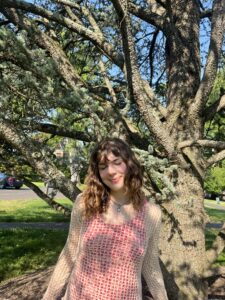 Yardley, PA
Yardley, PA Beijing, China
Beijing, China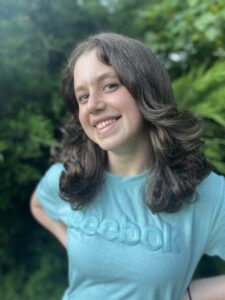 Holland, PA
Holland, PA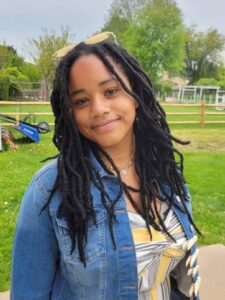 Langhorne, PA
Langhorne, PA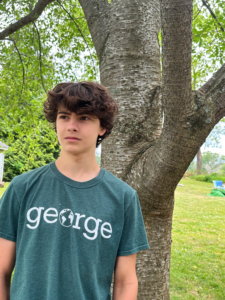 Ringoes, NJ
Ringoes, NJ New Hope, PA
New Hope, PA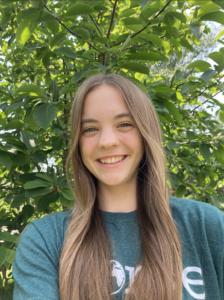 Dreshner, PA
Dreshner, PA Yardley, PA
Yardley, PA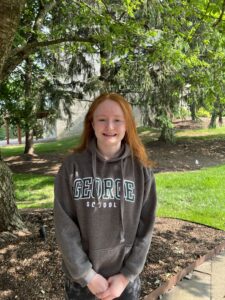 Yardley, PA
Yardley, PA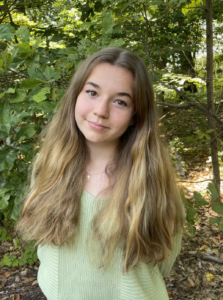 PA
PA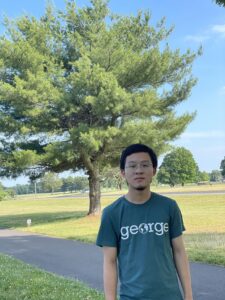


 Xi’an, China
Xi’an, China